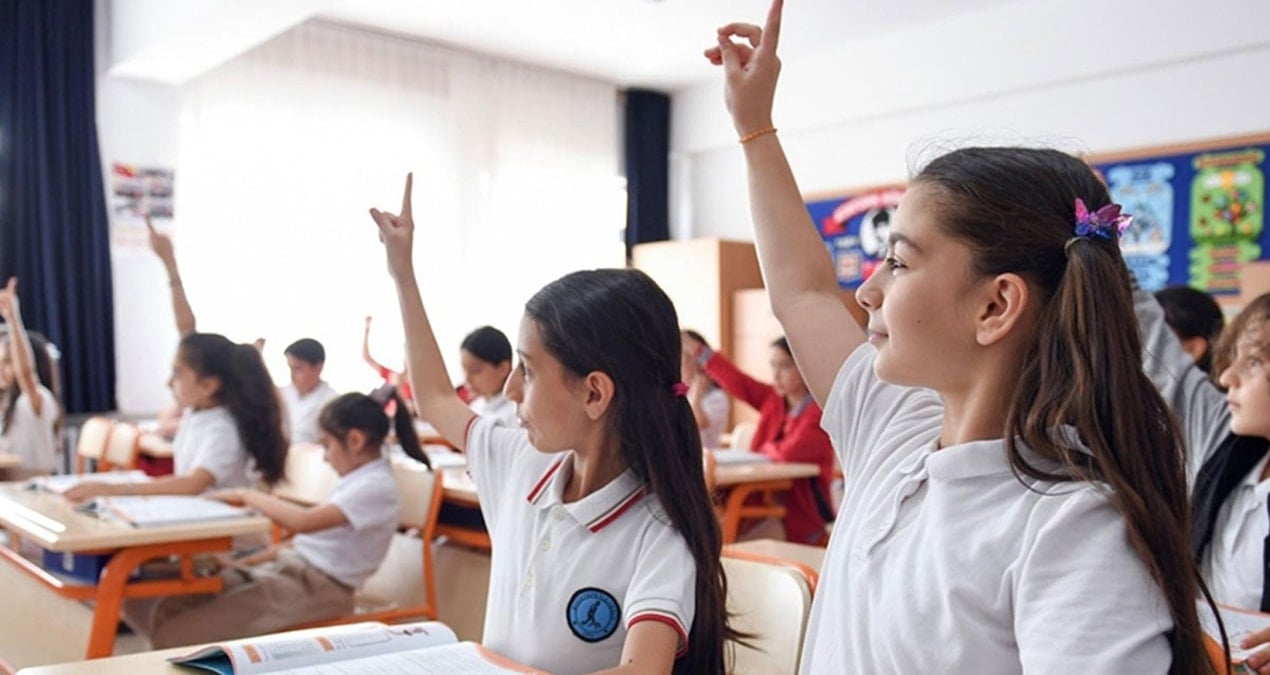Supreme Court Case: Should Schools Notify Parents About LGBTQ+ Inclusive Books?

Table of Contents
The Case for Parental Notification
Many parents believe they possess a fundamental right to know what materials their children are exposed to in school. This belief stems from a desire for transparency in education, fostering stronger connections between schools and families. Proponents of parental notification emphasize several key points:
-
Parental Rights and Involvement: The argument centers on the principle of parental involvement in a child's education. Parents are seen as the primary caregivers and decision-makers regarding their children's upbringing, including exposure to certain ideas and materials.
-
Age Appropriateness and Content: Concerns exist about the appropriateness of certain books for younger children, particularly those dealing with mature themes or complex social issues. Parental notification allows parents to screen materials and discuss potentially sensitive topics with their children beforehand.
-
Religious and Moral Beliefs: Some parents hold religious or moral objections to certain viewpoints presented in LGBTQ+ inclusive books. Parental notification allows them to potentially opt their children out of exposure to materials that conflict with their beliefs.
-
Building Trust and Communication: Transparency regarding school materials can improve communication and collaboration between schools and parents, thereby strengthening the school community.
The Case Against Mandatory Parental Notification
Opponents of mandatory parental notification argue that such policies could lead to censorship and limit students' access to vital information and representation. Their arguments include:
-
Censorship and Limiting Access to Diverse Literature: Mandatory notification is seen as a potential pathway to censorship, leading to the removal of LGBTQ+ inclusive books and other diverse literature from school libraries and curricula. This limits students' exposure to diverse perspectives and experiences.
-
Protecting Student Privacy and Safety: Forcing notification could inadvertently "out" LGBTQ+ students who haven't disclosed their identity to their parents, potentially leading to harmful consequences for their well-being and safety. This highlights the importance of protecting student privacy.
-
Creating a Hostile Environment: Policies requiring parental notification can create a hostile learning environment for LGBTQ+ students who already face bullying and discrimination. This lack of inclusivity can negatively impact their academic performance and mental health.
-
Promoting Intellectual Freedom and Inclusive Education: Schools should prioritize creating inclusive learning environments that celebrate diversity and promote intellectual freedom. Restricting access to diverse books undermines this goal.
The Legal Arguments
The legal arguments in this case revolve around several key constitutional amendments and legal principles:
-
First Amendment: This amendment protects freedom of speech, raising questions about potential limitations on students' access to information and schools' ability to curate their libraries.
-
Fourteenth Amendment: This amendment guarantees due process and equal protection under the law, prompting discussion of the balance between parental rights and students' rights to an education free from discrimination.
-
Precedent and Legal Interpretation: The Supreme Court's interpretation of past cases related to parental rights in education and school censorship will play a significant role in its decision.
Potential Implications of the Supreme Court Ruling
The Supreme Court's ruling will have far-reaching consequences across the nation's education system:
-
Impact on School Library Collections and Curriculum: The decision will significantly shape school library collections and curriculum development, potentially leading to increased book challenges and bans if parental notification is mandated.
-
Book Bans and Challenges: A ruling in favor of parental notification could lead to a surge in book challenges and potential bans of LGBTQ+ inclusive books, limiting students' access to diverse perspectives.
-
LGBTQ+ Youth Mental Health: The ruling's impact on the mental health and well-being of LGBTQ+ youth will be substantial. Access to affirming literature is vital for their sense of belonging and self-acceptance.
-
Education Policy and the Future of Inclusive Education: The outcome will heavily influence education policy moving forward, setting a precedent for future legal battles regarding the content available in schools.
Conclusion
The Supreme Court case regarding parental notification of LGBTQ+ inclusive books in schools is a critical juncture in the ongoing debate about parental rights, student rights, and the role of schools in fostering inclusive environments. The decision will undoubtedly have lasting implications for education policies nationwide, affecting everything from school library collections to the overall climate of inclusivity for students. Staying informed about the Supreme Court’s ruling and engaging in open dialogue about LGBTQ+ inclusive books in schools is vital for ensuring both parental rights and students' access to diverse and inclusive learning resources. Let’s continue the conversation and advocate for policies that support both parental rights and a welcoming, inclusive learning environment for all students.

Featured Posts
-
 Istanbul Okullari Pazartesi Kapali Mi
Apr 23, 2025
Istanbul Okullari Pazartesi Kapali Mi
Apr 23, 2025 -
 Activision Blizzard Acquisition Ftcs Appeal And The Future Of Gaming
Apr 23, 2025
Activision Blizzard Acquisition Ftcs Appeal And The Future Of Gaming
Apr 23, 2025 -
 New Pushback From Car Dealers On Ev Mandate Requirements
Apr 23, 2025
New Pushback From Car Dealers On Ev Mandate Requirements
Apr 23, 2025 -
 Toxic Chemical Residue From Ohio Derailment Months Long Impact On Buildings
Apr 23, 2025
Toxic Chemical Residue From Ohio Derailment Months Long Impact On Buildings
Apr 23, 2025 -
 Mammogram Delays And Breast Cancer Lessons From Tina Knowles Experience
Apr 23, 2025
Mammogram Delays And Breast Cancer Lessons From Tina Knowles Experience
Apr 23, 2025
